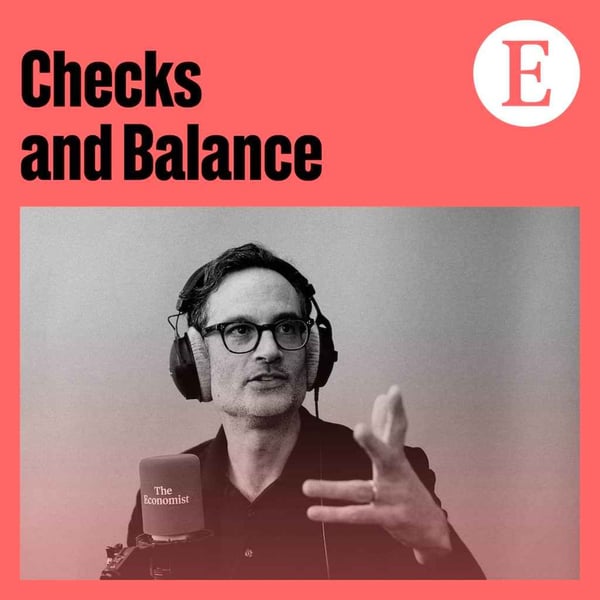Checks and Balance: Breaking nukes
Checks and Balance from The Economist
The Economist
4.6 • 1.7K Ratings
🗓️ 17 June 2022
⏱️ 50 minutes
🧾️ Download transcript
Summary
Since America dropped the bomb on Hiroshima and Nagasaki in 1945, a fragile balance of deterrence, treaties, fear and taboo has stopped the world’s nuclear powers from deploying their arsenals in anger. But Russia’s invasion of Ukraine has ushered in a new nuclear era. How should we think about the nuclear threat? And what role should America play in policing it?
Dr Nina Tannenwald, author of “The Nuclear Taboo”, explains how the norms that guaranteed the long nuclear peace have been unravelling for years. We explore the lost era of US-Soviet collaboration to contain the threat from “loose nukes”. And Dr Siegfried Hecker, who led those efforts as director of the Los Alamos National Laboratory, shares lessons from sixty years working to avert nuclear catastrophe.
John Prideaux hosts with Shashank Joshi and Jon Fasman
For full access to print, digital and audio editions, as well as exclusive live events, subscribe to The Economist at economist.com/uspod. Subscribers can also sign up to our “Checks and Balance” newsletter at economist.com/newsletters.
Hosted on Acast. See acast.com/privacy for more information.
Transcript
Click on a timestamp to play from that location
| 0:00.0 | As Nigel opened his Amazon parcel, it was in love at first sight. |
| 0:04.5 | Sleek design and effortless cornering. |
| 0:07.2 | This vacuum cleaner screamed quality and for a price lower than he ever dreamed. |
| 0:11.8 | Five stars from Nigel. |
| 0:15.0 | With star reviews from you and star prices from us, |
| 0:18.2 | start your search on Amazon today. |
| 0:26.0 | In the pitch black of an October night, |
| 0:28.6 | a shadowy figure was spotted trying to climb over the fence |
| 0:32.0 | of the Duluth Air Force Base in Minnesota. |
| 0:35.6 | It was 1962, the height of the Cuban missile crisis, |
| 0:39.6 | and the US military was on edge. |
| 0:42.8 | Intelligence reports suggested that before launching their own attack, |
| 0:46.8 | the Soviets would try to sabotage American nuclear stockpiles. |
| 0:51.4 | The Duluth Base, home to around 130 missiles, was a target. |
| 0:57.4 | When a guard spotted the figure at the fence, |
| 0:59.6 | he took it for a saboteur and started firing. |
| 1:03.6 | These shots triggered an alarm system that spread to several other bases. |
| 1:08.6 | At Vogue Field in Wisconsin, a malfunction caused the wrong type of alert to go off, |
| 1:14.0 | one signaling that a nuclear attack should be launched. |
| 1:19.2 | Two squadrons of fighter jets rushed to assemble each carrying a nuclear-tipped rocket. |
| 1:25.6 | Luckily, someone realized the mistake just in time |
| 1:28.6 | and drove down the runway in a truck, flashing their lights |
... |
Please login to see the full transcript.
Disclaimer: The podcast and artwork embedded on this page are from The Economist, and are the property of its owner and not affiliated with or endorsed by Tapesearch.
Generated transcripts are the property of The Economist and are distributed freely under the Fair Use doctrine. Transcripts generated by Tapesearch are not guaranteed to be accurate.
Copyright © Tapesearch 2025.

